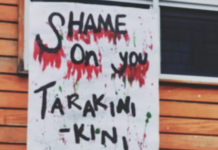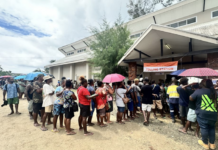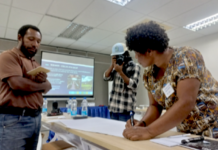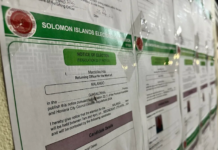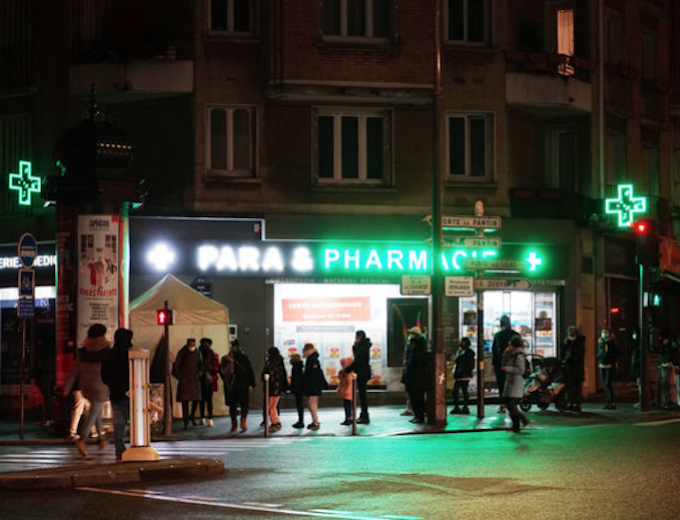
By Ella Stewart, RNZ News reporter
New Zealanders living overseas say covid-19 is now part of everyday life as cases of the highly-infectious omicron variant steadily grow around the globe.
More than 307 million covid-19 cases have been confirmed since the pandemic began, with countries now breaking records for daily case numbers as leaders struggle to keep the new variant at bay.
Cantabrian Savannah Winter has been working as an au pair in Paris for about six months.
- READ MORE: Covid-19: New Zealand must prepare for omicron’s arrival in community – researcher
- Half of Europe to catch omicron, says WHO
- NSW reports 92,264 new covid-19 cases, Victoria continues to see record hospitalisations
- NZ covid-19 update: 28 new community cases in NZ, 13 in MIQ
- Other NZ covid-19 outbreak reports
France is currently reporting around 300,000 cases each day, and while she is double vaccinated and has had her booster shot, she still caught covid-19 three months ago.
“Everyone I know, knows someone that has it and the kids I look after are constantly not at school because people in their class are getting it, so I’m thinking, ‘Oh am I going to get it again?’, we are just waiting and seeing if our kids test positive,” Winter said.
As omicron spread, the situation became overwhelming and there was a shortage of rapid-antigen testing, she said.
“All of the pharmacies are just inundated with people needing to get tested. I went to the gym this morning and I walked past a few pharmacies and there is just a line at 8am in the morning going around the street of people just lining up to get a test.”
About 10 percent effective
A study from the UK Health Security Agency found the Pfizer and Moderna vaccines were only about 10 percent effective at preventing symptomatic infection from omicron, 20 weeks after the second dose.
But two doses of those vaccines still provide good protection against severe illness, hospitalisation and death.
The study also found that boosters are up to 75 percent effective at preventing symptomatic infection.
In the US, the booster programme is well underway, but cases are still skyrocketing.
Ben Fitchett, 22, moved to Los Angeles in December.
“On my second night here, I caught it from a friend and over the period of that weekend until the week leading up to Christmas cases just exploded,” said Fitchett.
“Everyone seems to know someone that has it. Everyone is basically dropping like flies.”
WHO says not categorised as ‘mild’
Last week the World Health Organisation (WHO) said that while studies suggested omicron was less likely to make people seriously ill compared to previous variants, it should not be categorised as mild.
Fitchett said despite the high case numbers, people in Los Angeles were going about life as normal.
“It is a deadly virus. Some people will get it and it does react differently within people, but people don’t seem to be too worried about it here. Obviously, if you are immunocompromised, you are, but people are just living life as normal and then if you get it, you get it, and you just have to stay away from everyone else.”
In Australia, case numbers have also been rising exponentially, with the state of Victoria recording more than 40,000 cases yesterday.
Heather Jameson and her family are in a self-imposed lockdown in Melbourne to ensure they do not catch the virus before their family holiday.
“I personally hate the idea that I would be spreading something to immunocompromised people without my knowledge … so our own self imposed lockdown, while we are well, is purely to make sure that we don’t get it, and then risk passing it on should we have symptoms when we go away.”
Her children would almost certainly catch covid-19 once they returned to school next month, she said.
Case numbers blowing up
“Case numbers are just blowing up every day, to be honest it gives me a pretty high sense of anxiety when I’m looking at the actual numbers.
“We just have the sense that it is literally everywhere. A lot of work mates have had it, our direct neighbours have got it right now. It’s pretty panic inducing. We feel like we’re still in lockdown.”
New Zealanders should look after each other to ensure covid-19’s spread in Aotearoa remained contained, Jameson said.
To date, there have been 196 omicron cases detected at the border since December 1.
The Ministry of Health says there are also 217 border cases that have been caught still undergoing genome sequencing. Most are expected to be omicron.
This article is republished under a community partnership agreement with RNZ.




